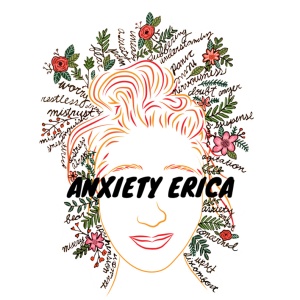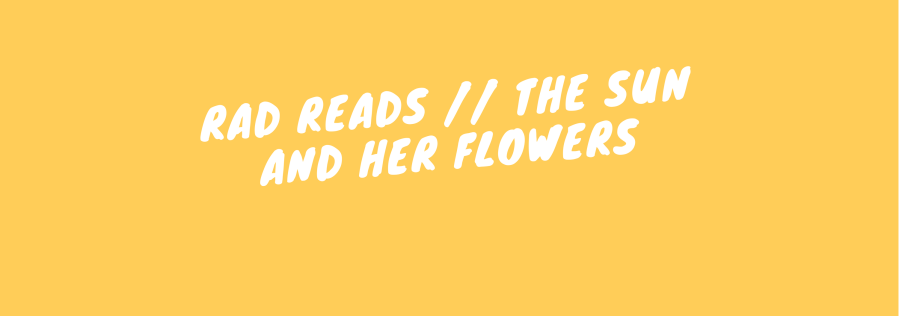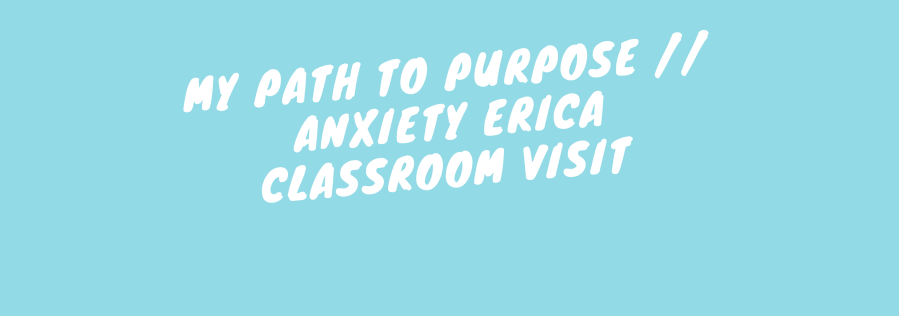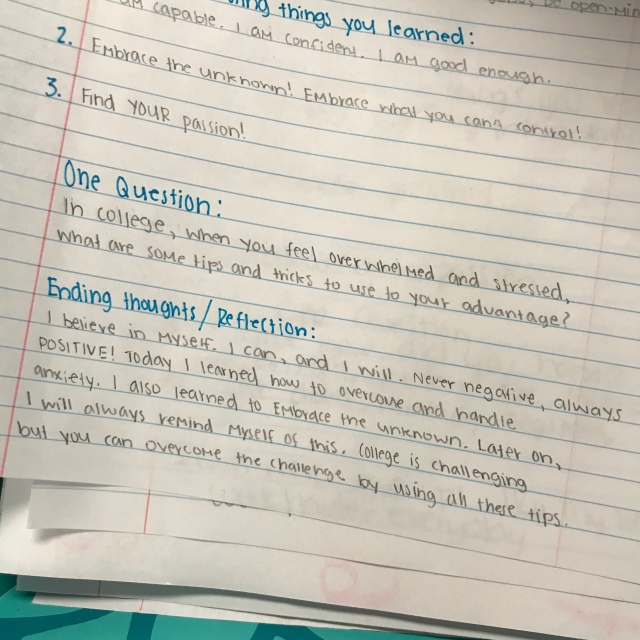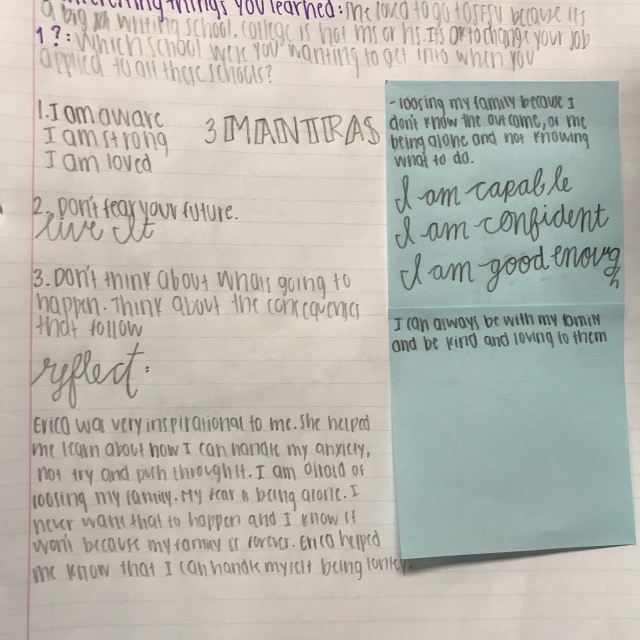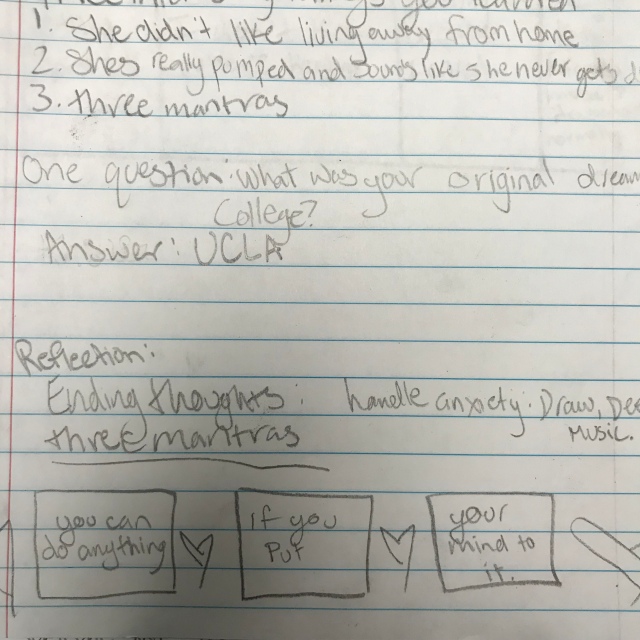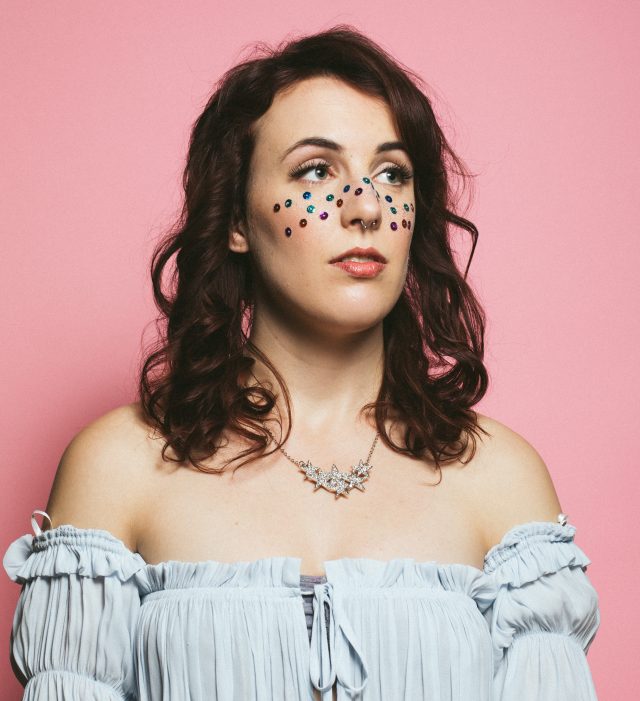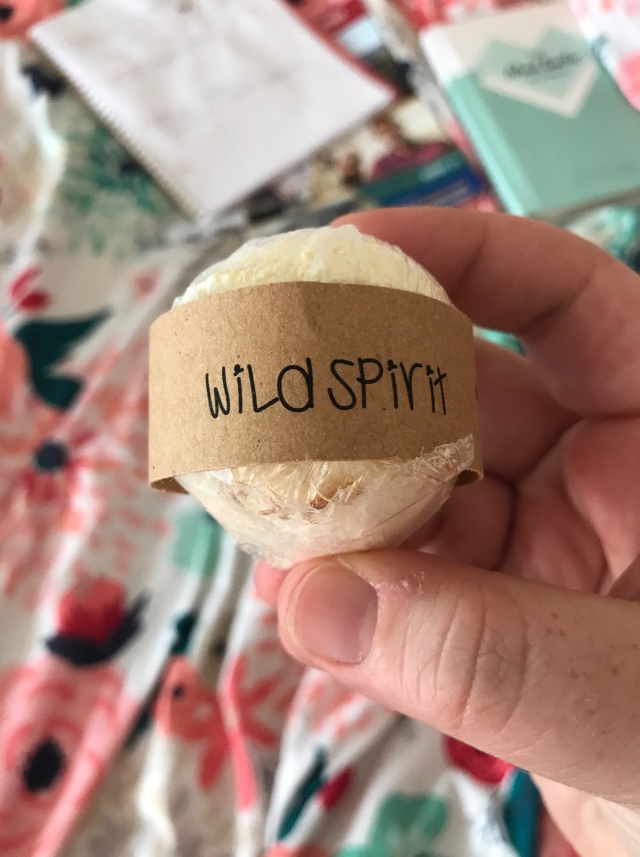Typing out this intro, I’m realizing it’s been a minute since I’ve posted on the blog. Life has been busy – in the best ways.
Life can get into a monotonous funk sometimes, I dread it. Sensing that, I truly feel like the universe has called a few new things into my life, to show me that there are new adventures waiting for me – I just have to have the courage to pursue that path without fear, without listening to my anxiety.
On the brink of all this positive change, I decided to treat myself to Rupi Kaur’s latest body of work, The Sun And Her Flowers. Having read Milk And Honey with an emotional connection so deep that I felt compelled to give it to every single woman I knew at their birthday, I knew I had to pick it up at the bookstore.
Excited to dive into her work, I started a bath, turned on my Anxiety Relief playlist and cracked open the first chapter.
Like turning the pages of my own heartbreak and emotion, Kaur is so authentic in her words that I felt myself intensely moved by her pain. By her ache, by her love for everyone and everything.
Beginning at Wilting and ending in Blooming, her symbolic meaning behind flowers is geared towards all the growth she has done.
Compelled to finish out her story, I stayed soaking in the tub until I read her last words. Pruning and wet in a now cold bath, my soul was on fire. I could feel her passion reaching out in every page – grabbing hold of my heart.
Milk And Honey was another collection I connected with, but this time around it was different. I had grown, and she had grown. It was like I knew her heart, and could understand the ways in which she had bloomed.
As I made waves with my body and soul in the bath, here are a few of the short poems I resonated with in The Sun And Her Flowers:
Wilting
Truly touching, this specific chapter was all about heartbreak. The gut wrenching pain that comes with the grief or loss. Of losing that someone, that connection. A few months back, I had my own heartbreak and while I am in a very different place emotionally, the words from this chapter still call to me.

This particular poem really resonated with me. When I read the line, “love is figuring out all the kind sweetness we deserve,” I felt tears well up in my eyes. So eloquently strung together into a brief poem, Kaur perfectly explains that love doesn’t look like a certain person – it’s what we do.

Damn, this one hurt. I won’t lie – this is exactly what I went through with my ex. When the breakup initially happened, I was so overwhelmed with grief that I found myself missing him each day. But, as time went on I asked myself – what exactly do I miss? The constant anxiety, insecurity and lack of communication or any emotion on his end? The foundation and connection I always thought was there was just a mirage. Only growth can open our eyes to these realizations.

Again, this very short poem packs quite a punch. Speaking to my intuition, I’ve found – from both therapy and in life – that my body always somewhat knew my previous relationship would end. I experienced what my therapist called intuitional anxiety, which was where I thought the feelings were my anxiety going worse case scenario, but really it was my intuition warning me of events to come. After that, I’ve made a promise with myself to listen to that voice whenever she pops up – it’s time to start trusting my body.
Falling
Chalk full of little lessons in letting go and listening to anger, Kaur spends time speaking about the process of growth in this section. Most don’t quite realize just how long and grueling it can be to grow authentically. It’s lonely, scary and all consuming to change our minds completely. To unlearn. I appreciated the bursts of emotion throughout this chapter – good and bad.


This was such an enlightening chapter for me. I haven’t ever felt part of a community before starting this blog and when reading this poem, I knew what coming home was. I’ve gotten much better at knowing when to let others help pick up the pieces, and when to trust and rely on myself for navigating the pain.

Rooting
An extremely personal, poetic chapter for Kaur, Rooting spoke directly to being a child of immigrants. While I do not know these feelings and emotions in my own life, I felt it was completely necessary to shed awareness and just to understand this life – to have empathy. I truly felt her pain and the sadness in wanting more for her mother while also loving the love her parents felt for each other.

Rising
Lifting herself with love, it’s clear this chapter centers around finding a new partner after heartbreak. In this stage of my own life, I really understood the lines from each of these poems. Having found a new sense of what she deserved, Kaur struggles with settling into a new person, and learning to let go of the old. Truer words have never been spoken.

Our fear anxiety tells us time and time again that it’s not only scary to start something new, but it’s too soon. Screw all those voices in your head – or toxic people – telling you that it’s too early for a new person, or a new experience. Only you know what works for you and in the end, don’t feel guilty for starting again, especially if it makes you whole.

It’s as the person I’m currently seeing always tells me – never backward, always forward, always. While it’s a quote from Luke Cage, it still rings very true. I hadn’t prepared to fall into someone new right now, but it feels right and it’s my choice. It’s time for me to start making moments – not hiding from them.
Learning all about someone new is exciting. Always so sure that the last one is “the one,” we find ourselves falling over and over again into different people. Each has a valuable life lesson. I truly believe that people come and go in life for important reasons. The people who are here right now are here not only because I want them to be, they are teaching me patience, understanding and how to cultivate my growth.
Blooming
Showing us women that it’s okay to heal and speak up at the same time, Kaur ends her second installment of poetry with a clear message of strength. The closer I got to the end, the more I felt a sense of closure. Empowered and fostering an enriched connection to all that I love about myself, Kaur’s words in this chapter – and all of the sections – brought about such an awakening for my soul.


I’ve lost a good deal of people this year, but in all honesty – is it really a loss? When I find myself saddened by no longer having certain people in my life, I remember why I removed them to begin with. Give yourself to a few and to those few give heavily. Invest in the right people. This poem is currently on my fridge and I read it each morning when I wake up.
Do yourself a favor and get a copy of The Sun And Her Flowers. While I really believe that this collection benefits women, I wouldn’t say men can’t resonate with her words as well – or learn more about women from turning the pages. There are plenty of poems throughout the novel that apply to everyone – speaking to emotion, heartbreak, confusion, growth, and family.
It’s incredibly validating to pick up a work of art and know you’re not alone in your struggle. That all this painful growth has beauty. Beauty in the form of art and poetry. Thank you Rupi Kaur for reaching into your heart and showing us what love looks like on each page of The Sun And Her Flowers. I look forward to the next installment and seeing all your growth and success!
Have you read The Sun And Her Flowers by Rupi Kaur? Share what you thought of the poetry collection in the comments below!
